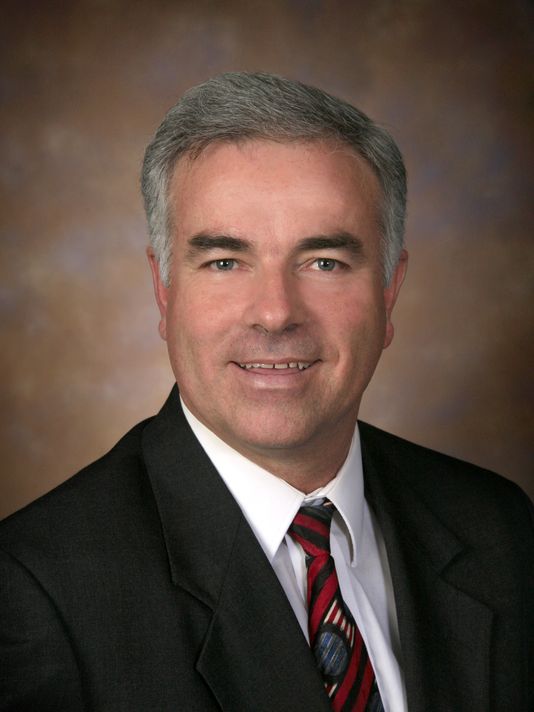From a wellness standpoint, sleep forms the base.

Why do people need to sleep? Science is constantly searching for the answer to that very question. It has been discovered that there are biological and chemical changes that take place in the body during sleep that make sleep a necessary part of each 24-hour cycle.
Kirk Watkins is a sleep disorder specialist at the Dixie Regional Medical Center Sleep Disorders Clinic. He helps people sleep well. Watkins explained one of the biochemical processes that occur during sleep this way: “It is well known that exercise causes a buildup of lactic acid in muscles. With muscle rest, the body is able to metabolize the buildup of lactic acid, and then the muscles are ready to exercise again. Wakefulness likewise causes a byproduct buildup within the body, primarily within the brain, called adenosine.”
Adenosine increases in concentration the longer a person is awake. It is believed that this adenosine buildup is what makes the human body sleepy. “As adenosine levels increase,” Watkins said, “corresponding symptoms such as headache, eye pain, frustration and difficulty staying awake – all the symptoms of sleepiness – also increase.”
It is only during sleep, however, that the brain is able to metabolize adenosine. If a human body gets enough sleep, adenosine is broken down in a biochemical process and it becomes a source of energy to power the brain the following day. This is why people who get a full night of sleep wake feeling refreshed.
“Adenosine levels are something that can be measured,” said Watkins. “The natural cycle of high and low adenosine levels is just one of the myriad reasons why people need sleep.”
How much sleep do people need?
“Seven and a half hours of sleep,” said Watkins, “is optimal according to a consensus gathered by research. Although anything between six and nine hours of sleep is considered within the range of normal. If a person feels sleepy during the daytime, then they are not getting enough sleep.”
The most common cause of sleepiness is “insufficient sleep syndrome.” And yes, that is a real, technical name for not getting enough sleep at night.
How can people get more sleep? Sleep is important from a biochemical standpoint as well as in regards to circadian rhythm – or the natural, internal clock. Circadian rhythm refers to the physiological processes of all living things that naturally respond to the daily rhythm of light and darkness.
“In the old days,” said Watkins, “people blew out candles before going to sleep. They were not bothered by issues with light. Today, 95 percent of people use an electronic device within five minutes of going to bed. Electronic devices with a screen emit blue spectrum light. Using light-emitting electronic devices before bed reinforces the brain’s understanding that it is not night.”
According to Watkins, any light source can trick the brain into thinking it is daytime. While it may not be practical to use candles, the concept of turning off all sources of light before bed will signal the brain and its natural circadian rhythm that it is time for sleep.
Why should people get more sleep?
“People these days are concerned with wellness,” said Watkins. “The three most important things that will have the most critical impact on an individual’s wellness (besides smoking cessation) are nutrition, exercise and sleep. Doing these three things right will minimize health risks and form a triangle of health. From a wellness standpoint, sleep forms the base of that triangle.”
This LiVe Well column represents collaboration between healthcare professionals from the medical staffs of our not-for-profit Intermountain Healthcare hospitals and The Spectrum. Contact 435-251-2108 for information.




